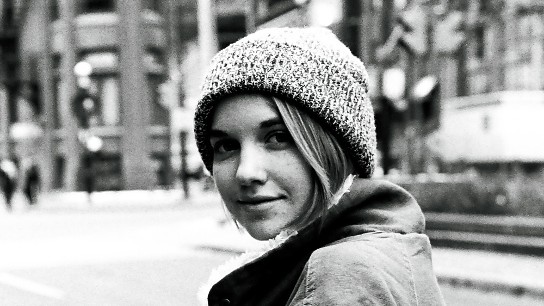Advertisement
Go Deep Within at a Wellness Retreat
Dedicate your next vacation to personal growth and transformation
Fact-Checked
This article has been written and fact-checked by experts in the field.

The holiday season is full of joy for some, but, for others, it’s plagued by depression and anxiety. In recent years, more people have been turning to alternative plant medicines and psychedelics, and some even taking a true hiatus and going on a wellness retreat to help them cope with mental health difficulties around the holidays and beyond.
Advertisement
What is a wellness retreat?
Wellness retreats are vacations focused on your holistic well-being. They provide a space conducive to relaxation that also offers healthy food, fitness, educational programs, or treatments meant to contribute to personal growth.
Observational studies have shown significant and lasting improvements in the quality of life and overall well-being of people who attend a wellness retreat even just for a week.
A growing tourism trend
The wellness tourism market hit a record high in 2022 and is expected to more than double by 2027. This extreme growth is tied to a larger shift toward health and wellness brought on by the COVID-19 pandemic.
Advertisement
Different types of retreats
There are many types of wellness retreats with differing focal points.
Advertisement
Fitness retreats
Yoga, hiking, and other forms of fitness retreats are some of the most popular because they help people achieve their fitness goals in a supportive and motivating environment.
Advertisement
Food-focused retreats
These kinds of retreats support guests’ health and weight-loss goals through structured meals and nutritional education.
Advertisement
Spa and beauty retreats
These kinds of retreats are usually more luxurious, with everything from massage to skin rejuvenation treatments. They’re popular for offering beauty treatments, facilities for relaxation, and opportunities for self-care.
Advertisement
Nature and spiritual retreats
Both focused on transformative experiences, nature retreats are located in secluded natural settings, allowing people to therapeutically disconnect from everyday life while spiritual retreats, including meditation and silent retreats, focus on introspection and inner clarity.
Advertisement
Psychedelic retreats
These are probably the least well-known: they typically use hallucinogenic substances, like ayahuasca or magic mushrooms, for psychedelic-assisted therapy, helping people address their traumas and reconnect to themselves and others.
Advertisement
A psychedelic deep dive
Psychedelic retreats are designed to unlock the healing potential of hallucinogens by replicating their use in Indigenous peoples’ ceremonies. The goal of these psychoactive experiences is to help guests go deep within their subconscious, expand their perception of the world, and provide new perspectives on their own lives.
“When people take vacations, … often, they want something that’s going to add to their development instead of just drinking margaritas for a week,” says Amanda Schendel, founder of Buena Vida, a magic mushroom retreat in Mexico.
One study found that people who took psilocybin, the psychoactive compound found in magic mushrooms, at a wellness retreat felt more optimistic, open, and mindful than those who didn’t.
Use caution, though―there are risks: adverse reactions to psychedelics include fear, anxiety, panic, and, in some cases, psychosis.
These risks can be minimized with appropriate focus on set and setting, terms used to describe the psychological, social, and physical environment that shapes the psychedelic experience. Schendel says she’s been lucky enough not to encounter any serious adverse reactions.
Do magic mushrooms work?
Despite the long history of Indigenous practice and an abundance of anecdotal evidence, scientific studies on psilocybin are limited. When it comes to mushrooms, Rotem Petranker, director of the Canadian Centre for Psychedelic Science, says “The hype outstrips the research.”
Petranker, a PhD candidate at McMaster University, is hoping to change that. His clinical trial studies the efficacy of microdosing—taking fractional doses of psilocybin at regular intervals—as a treatment for major depressive disorder.
Despite the current lack of scientific evidence, many people have decided to take the leap into psychedelic retreats.
The guests at Buena Vida are generally between the ages of 45 and 75 and have never done drugs before, but feel something is missing, said Schendel. “What people are seeking is long-term wellness … they come with a lot of despair and leave reinvigorated with hope.”
How to choose a retreat
If you’re interested in wellness retreats, here are some important things to consider.
Your goals
Establishing what you want to achieve helps you choose a retreat, whether it’s inner growth at a mindfulness retreat or relaxation at a spa retreat.
Your risk
Reflect on your level of comfort with risk, and don’t be too shy to ask about the staff qualifications, safety protocols, and food or substance suppliers.
Your comfort
Check in with yourself about your needs, and review your budget, your schedule, your physical accessibility requirements, and other guests’ reviews.
This article was originally published in the December 2024 issue of alive magazine.





